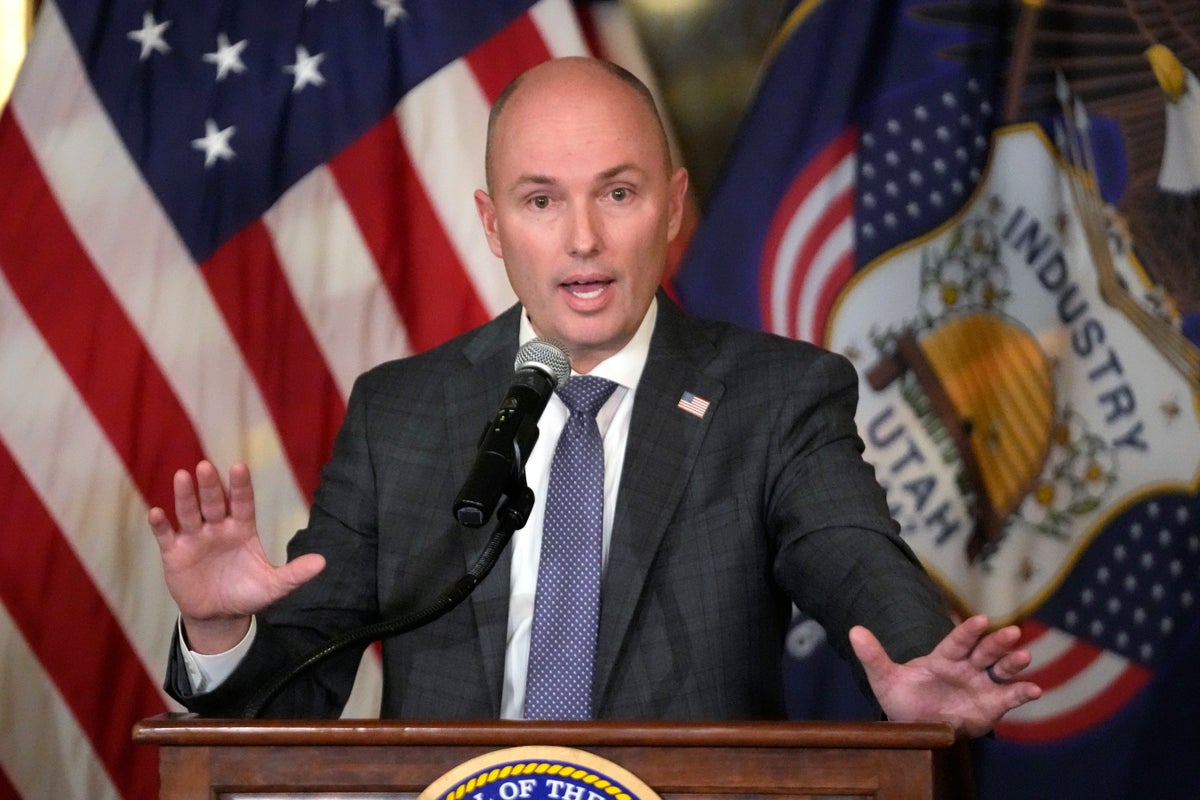
Planned Parenthood and ACLU of Utah filed a lawsuit Monday challenging a new Utah law that would ban abortion clinics in the deeply conservative state.
The law signed by Republican Gov. Spencer Cox last month would take effect May 3, at which time abortion clinics will not be able to apply to be licensed. It institutes a full ban Jan. 1, 2024.
In addition to banning abortion clinics from operating, the law also clarifies the definition of abortion to address liability concerns about how exceptions are worded in state law — a provision Cox called a compromise.
Planned Parenthood — which runs three of the four abortion clinics — said Monday afternoon that their interpretation that the law had conflicting provisions would compel them to stop providing abortions at their clinics as of May 3 unless the clinic licensing law was put on hold by the courts.
Utah lawmakers have previously said they no longer think the state needs a specific licensing scheme for abortion clinics after the high court overturned the constitutional right to abortion.
“We have worked closely with area doctors and hospitals to ensure that our statute strikes the best balance of protecting innocent life and protecting women who experience rare and dangerous complications during pregnancy,” Rep. Karianne Lisonbee, the legislation’s Republican sponsor, said after Cox signed the ban.
The signing of the law set off a rush of confusion among clinics, hospitals and prospective patients
Since the law’s passage, Republican legislators and Utah’s Department of Health and Human Services have both said that abortion clinics could apply for new licenses as hospitals.
However, doing so would likely require major changes for the state’s four standalone clinics, which primarily provide medication abortion and have relied on clinicians and nurse practitioners rather than physicians and surgeons.
The turmoil mirrors developments in Republican strongholds throughout the United States that have taken shape since the U.S. Supreme Court overturned Roe v. Wade, transformed the legal landscape and prompted a raft of lawsuits in at least 21 states.







